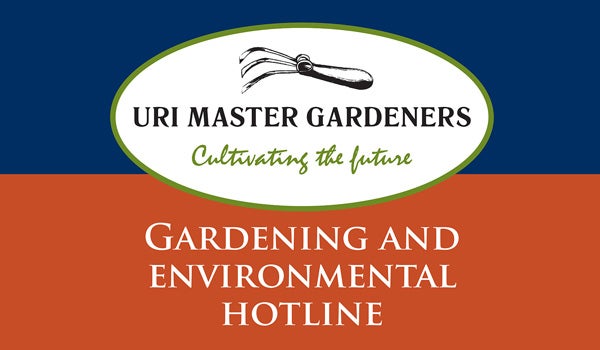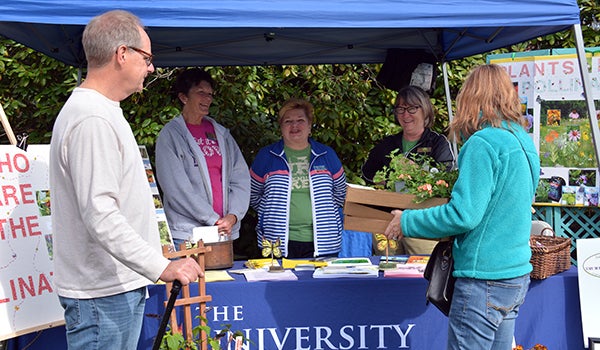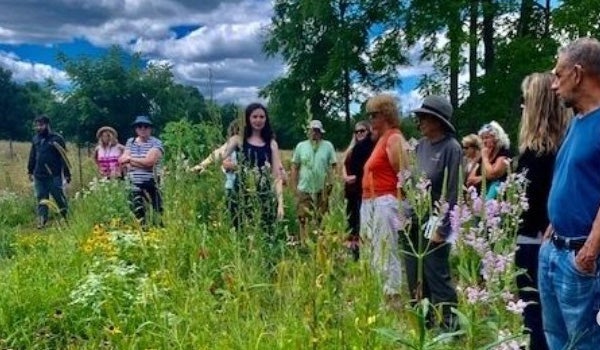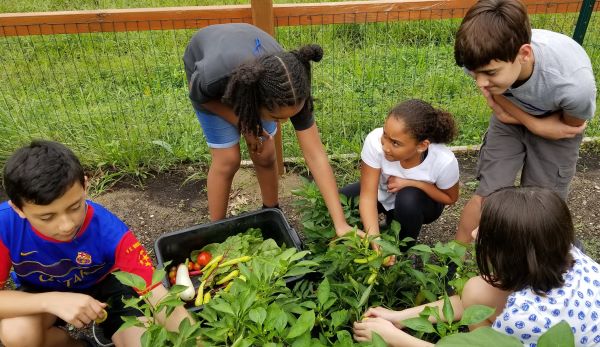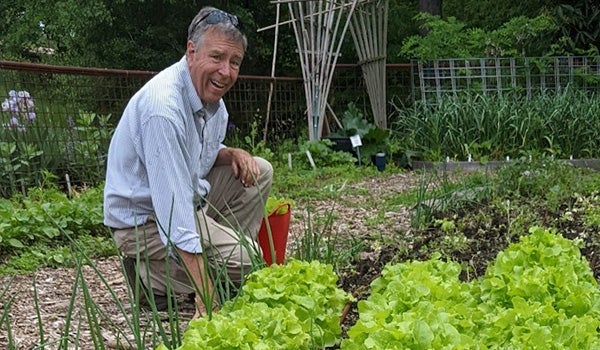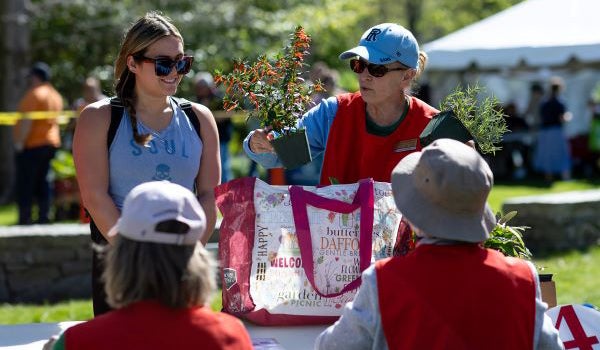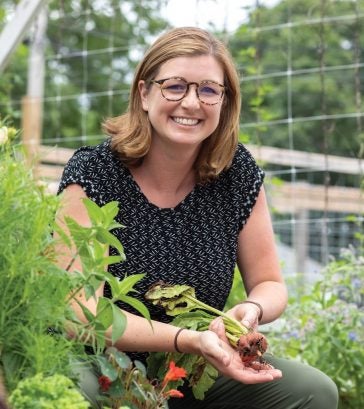The URI Master Gardener Program was established in 1977 to educate citizens in environmentally-sound gardening practices through the dissemination of factual, research-based information. Through a train-the-trainer approach, over 800 volunteers serve as community-based educators, amplifying the impact of Cooperative Extension to improve environmental quality and build healthy communities throughout Rhode Island. Our role supporting Rhode Island communities and residents requires us to remain open to learning from diverse perspectives and broadening our understanding of the vast world of gardening. The more we expand our knowledge and world view as individuals, the more comfortably (and humbly) we fit into our roles in the community.
We invite you to learn more about our impact in the community and commitment to justice, equity, diversity and inclusion.
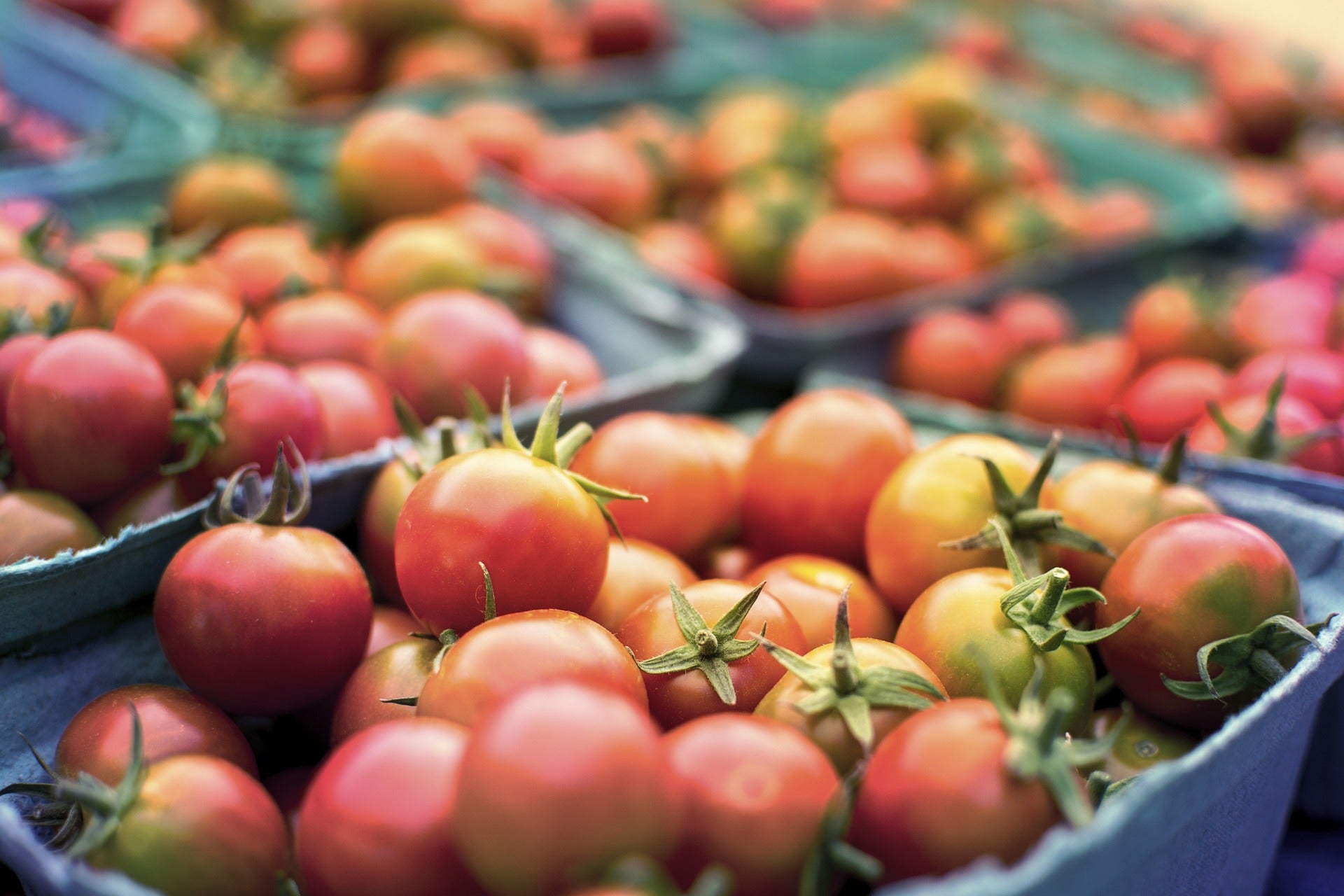
Become a Volunteer
Join our community of Master Gardeners and share your passion for gardening with Rhode Islanders.
learn moreContact Us
Kathleen M. Mallon Outreach Center
3 East Alumni Avenue
Kingston, RI 02881
p: 401-874-2900
coopext@uri.edu
Make a Gift
Donations made on behalf of the URI Master Gardener Program support its educational mission to educate citizens in environmentally sound horticulture practices through the dissemination of factual, research-based information.
Program Staff

